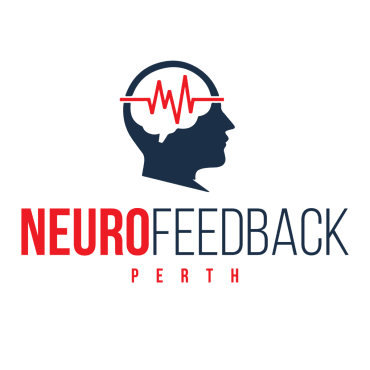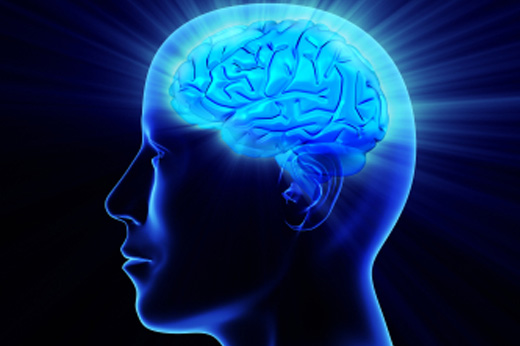Anxiety is a feeling of worry, nervousness, or unease about something with an uncertain outcome. It’s more than just feeling stressed or worried. While stress and anxious feelings are a common response to difficult circumstances, they usually pass once the situation has passed, or the ‘stressor’ has been removed.
When the anxious feelings don’t go away and they're ongoing and happen without any particular reason, it’s called anxiety. Anxiety is the most common mental health condition in Australia. Beyond Blue states that on average, one in four people – one in three women and one in five men – will experience anxiety at some stage in their life. In a 12-month period, over two million Australians experience anxiety.
Anxiety disorders can affect relationships, work, sleep, and the ability to relax and enjoy yourself. Symptoms can include feelings of fear, dread, nausea, fatigue, trembling, poor concentration, and in severe cases a “panic attack, whereby the central nervous system is overloaded.
When someone feels anxious or afraid, their body goes into an alert ‘fight or flight’ state. The sympathetic nervous system and brain is cued, as norepinephrine and cortisol hormones flood the body. This boosts speed, reflexes, perception, while speeding up respiration and the heart rate and slowing down digestion. When the situation is over, the parasympathetic nervous system works to calm the body down for recovery.
People suffering with anxiety find it difficult to calm down. Their thoughts overflow, their stress levels are sky-high, panic sets in. When unmanageable it affects their life socially, physically and mentally, often avoiding specific situations and friends.
Severe anxiety can be very unhealthy for the mind and the body. Brain research has showed that it can be toxic to brain cells and can alter brain physiology. Brain scans show that the amygdala area of the brain, which processes fear, grows in size, while the hippo-campus area of the brain shrinks, harming long-term memory. Hypertension, insomnia, depression, diabetes and digestive disorders are a few of the possible physical effects of chronic stress and severe anxiety.
On the positive side, brains are neuroplastic, resilient and are continuously able to make new connections. They are able to learn new ways of responding and have the ability to break out of negative patterns. Neurofeedback training is an all-natural approach that can create long-term changes in brain function. These changes go to the source of the anxiety — imbalanced brainwaves in the brain itself.
Essentially, when the Central Nervous System (CNS) becomes dysregulated, a variety of symptoms such as anxiety can appear. With Neurofeedback you learn to self-regulate, which calms the nervous system, thereby reducing or eliminating anxious symptoms.
There is an extensive body of research that demonstrates the effectiveness of Neurofeedback for those experiencing anxiety and numerous other concerns, which you can view here: https://www.isnr.org/isnr-comprehensive-bibliography.
If you suffer stress and anxiety, try Neurofeedback - it’s very effective, safe, non-invasive, medication-free and very relaxing and enjoyable.







